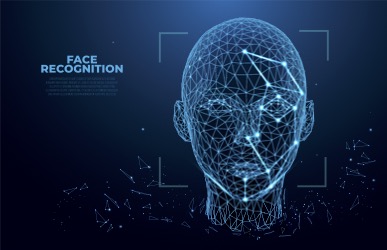The European Parliament approved on Wednesday, 14th June, a revised version of the EU Artificial Intelligence Act (AIA). The text will now pass to the so-called “trilogue”, at which will be discussed with the European Commission and the Member States. The AI Act appears to be on a path to adoption in Europe later this year. The new regulation will be the most comprehensive legislation in the world to address the risks associated with the use of artificial intelligence (AI).
The recent rise in the use of AI means that many other countries, including the United States, the United Kingdom, and China, have stepped up their efforts to regulate AI. However, the EU is currently the furthest down the road to implementing legislation.
The European AI Act was first proposed in 2021 and its text borrows heavily from the privacy toolbox established by the EU’s General Data Privacy Regulation (GDPR). There is a heavy emphasis in the act on transparency, consent mechanisms, data subject rights and technical and organizational safeguards. At its core, the regulation takes a risk-based approach toward the use of AI by requiring risk assessments and other controls for “high-risk” artificial intelligence.
The text proposed by the European Parliament would ban certain technologies. One of the areas of significant concern has been the use of facial recognition technologies, particularly the use of live facial recognition in public spaces. The Parliament passed an amendment which would ban the use of such biometric recognition. However, it is known that some member states of the European Union do not agree with this approach, as law enforcement agencies may wish to use such techniques. It is not clear that this ban will survive in the final test.
The most recent version of the regulation includes some provisions that address generative AI systems, such as the recently released ChatGPT by OpenAI. This technology had not become commercially available when the law was first proposed. The latest version will require that users of such generative AI systems label the outputs of the system, such as ChatGPT, and in addition, specifically disclose the inclusion of any copyrighted materials in training datasets. The (re-)use of copyright materials in the training of such systems has been a significant concern to copyright holders.
It is clear that the European Union seeks to become a global leader in the regulation of artificial intelligence. In the same way that the passage of the privacy regulations (GDPR) set the stage for the worldwide passage of data privacy laws, including in the U.S. The EU hopes that their proposals may become a standard for AI legislation in other countries.
If you are interested in understanding more about how the Artificial Intelligence Act will affect you in Europe, then get in touch.





